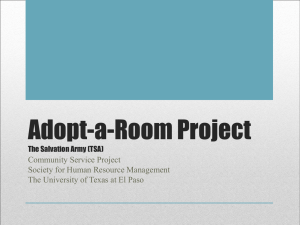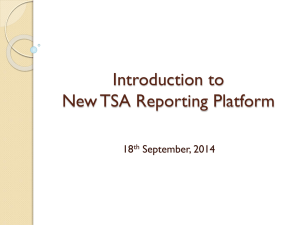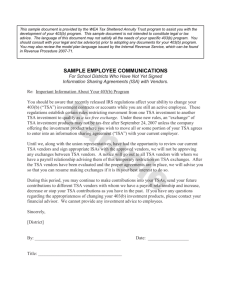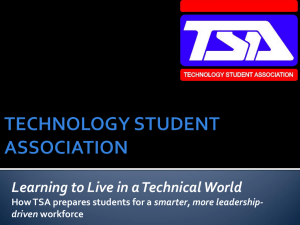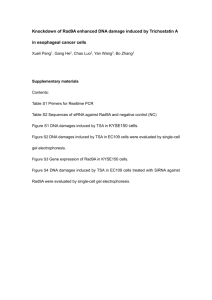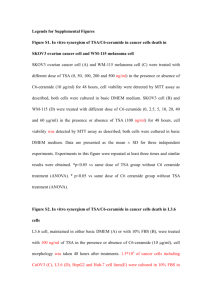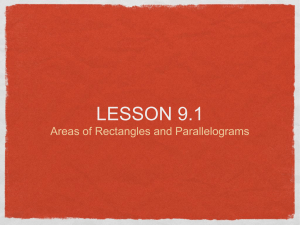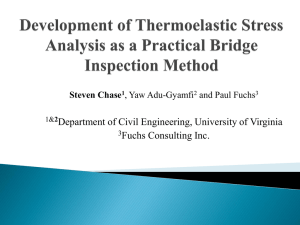Tropical Soda Apple
advertisement
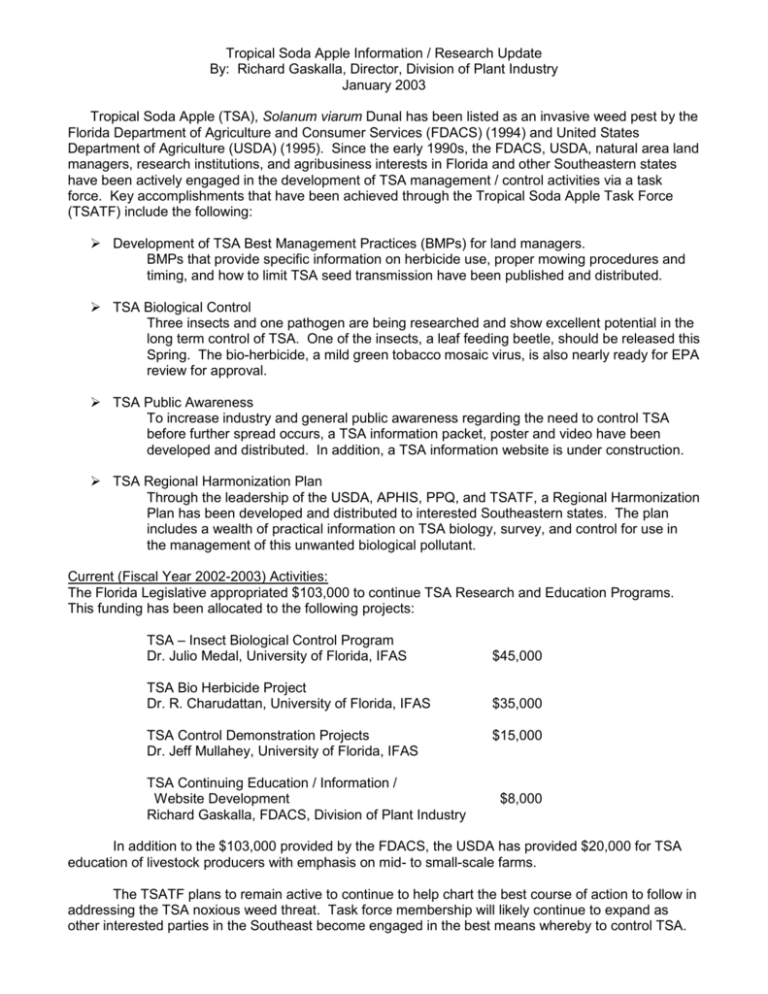
Tropical Soda Apple Information / Research Update By: Richard Gaskalla, Director, Division of Plant Industry January 2003 Tropical Soda Apple (TSA), Solanum viarum Dunal has been listed as an invasive weed pest by the Florida Department of Agriculture and Consumer Services (FDACS) (1994) and United States Department of Agriculture (USDA) (1995). Since the early 1990s, the FDACS, USDA, natural area land managers, research institutions, and agribusiness interests in Florida and other Southeastern states have been actively engaged in the development of TSA management / control activities via a task force. Key accomplishments that have been achieved through the Tropical Soda Apple Task Force (TSATF) include the following: Development of TSA Best Management Practices (BMPs) for land managers. BMPs that provide specific information on herbicide use, proper mowing procedures and timing, and how to limit TSA seed transmission have been published and distributed. TSA Biological Control Three insects and one pathogen are being researched and show excellent potential in the long term control of TSA. One of the insects, a leaf feeding beetle, should be released this Spring. The bio-herbicide, a mild green tobacco mosaic virus, is also nearly ready for EPA review for approval. TSA Public Awareness To increase industry and general public awareness regarding the need to control TSA before further spread occurs, a TSA information packet, poster and video have been developed and distributed. In addition, a TSA information website is under construction. TSA Regional Harmonization Plan Through the leadership of the USDA, APHIS, PPQ, and TSATF, a Regional Harmonization Plan has been developed and distributed to interested Southeastern states. The plan includes a wealth of practical information on TSA biology, survey, and control for use in the management of this unwanted biological pollutant. Current (Fiscal Year 2002-2003) Activities: The Florida Legislative appropriated $103,000 to continue TSA Research and Education Programs. This funding has been allocated to the following projects: TSA – Insect Biological Control Program Dr. Julio Medal, University of Florida, IFAS $45,000 TSA Bio Herbicide Project Dr. R. Charudattan, University of Florida, IFAS $35,000 TSA Control Demonstration Projects Dr. Jeff Mullahey, University of Florida, IFAS TSA Continuing Education / Information / Website Development Richard Gaskalla, FDACS, Division of Plant Industry $15,000 $8,000 In addition to the $103,000 provided by the FDACS, the USDA has provided $20,000 for TSA education of livestock producers with emphasis on mid- to small-scale farms. The TSATF plans to remain active to continue to help chart the best course of action to follow in addressing the TSA noxious weed threat. Task force membership will likely continue to expand as other interested parties in the Southeast become engaged in the best means whereby to control TSA.
